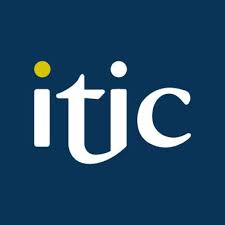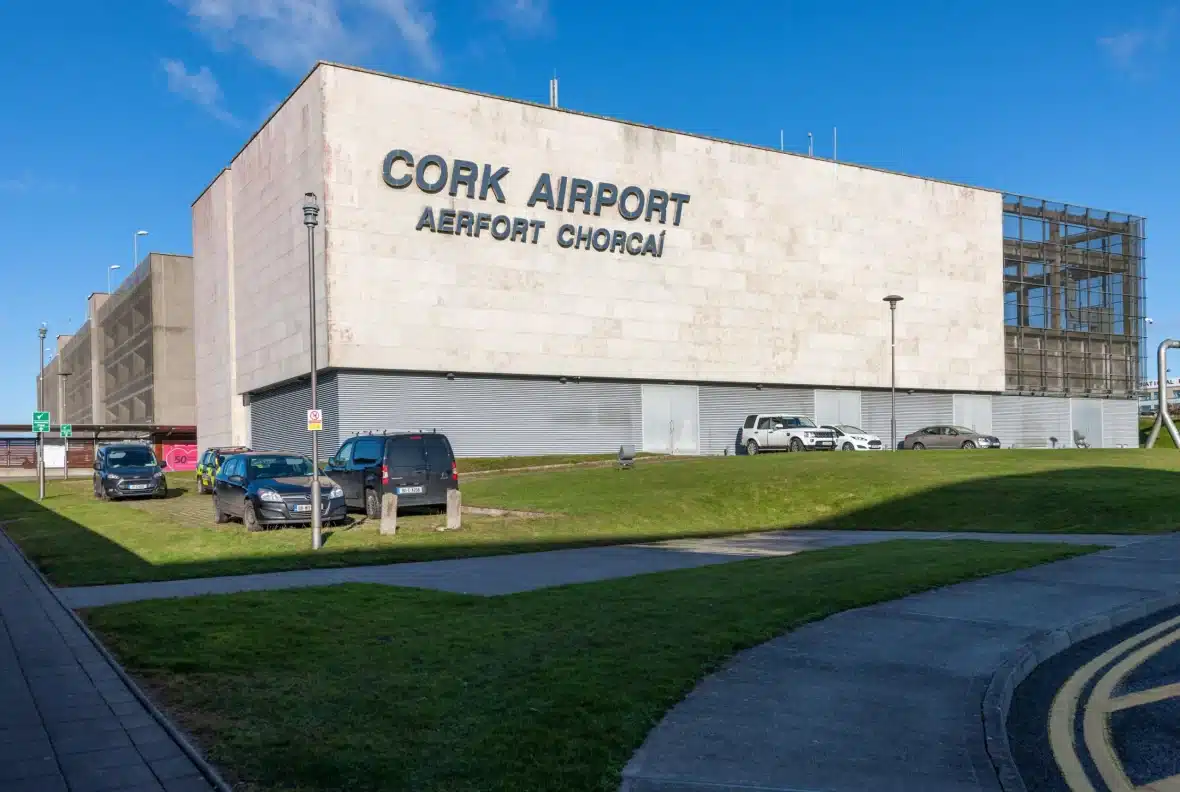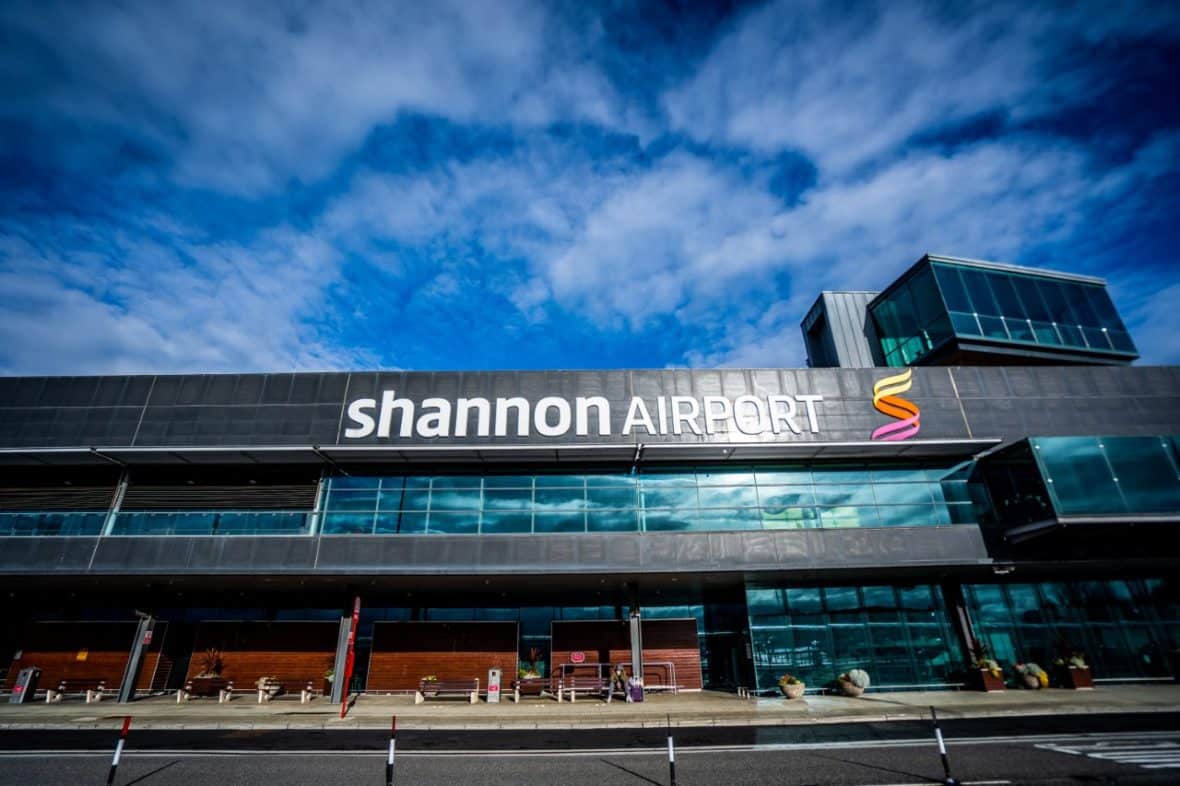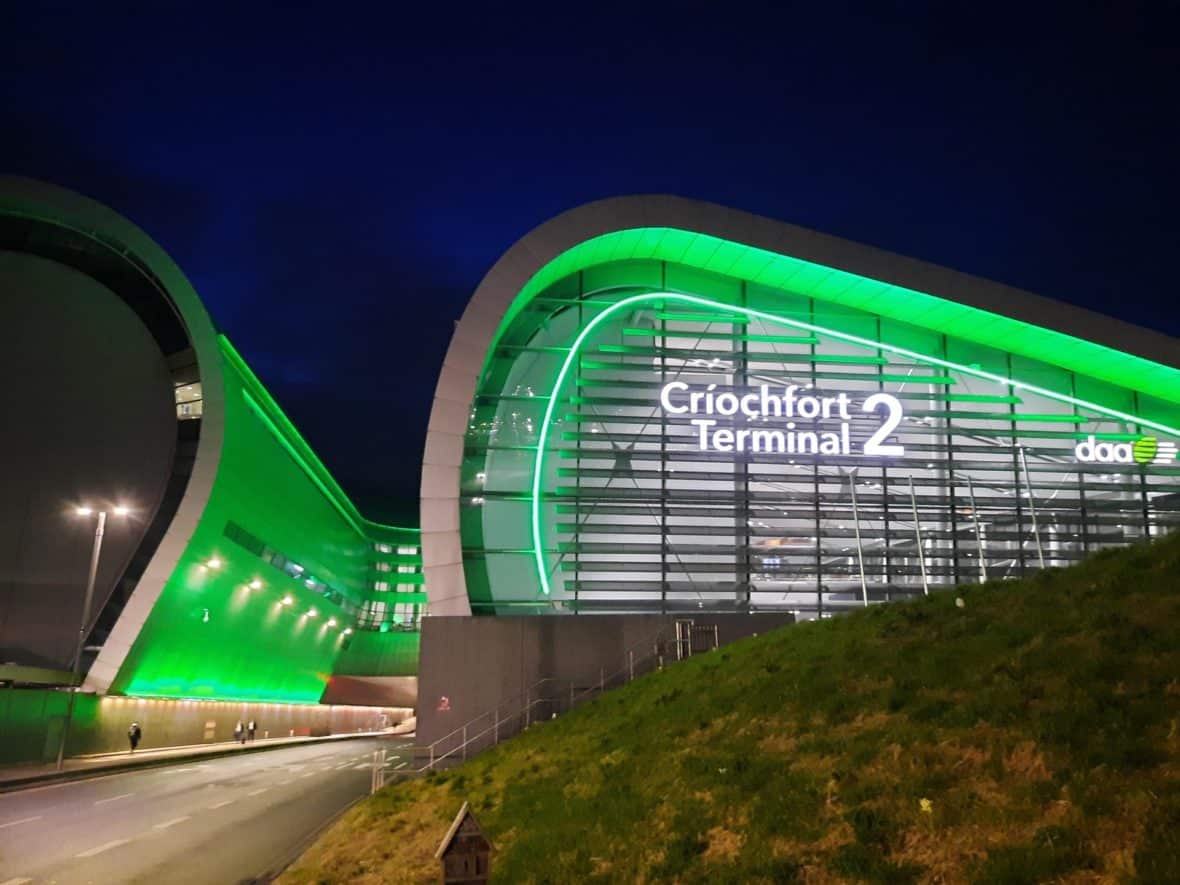The Irish Tourism Industry Confederation (ITIC) has made 6 key aviation policy recommendations to the Government to adopt urgently to help strengthen Ireland’s inbound tourism industry.

The organisation wants: a lifting of the passenger cap at Dublin Airport; the maximising of what it calls the underutilised capacity at Cork Airport and Shannon Airport; an incentivisation of the use and development of Sustainable Aviation Fuel (SAF); the Government to assist and enable the decarbonisation of Irish airports; to align Ireland with other island nations in the EU in relation to aviation needs; and to support moves to consolidate air traffic control (ATC) across the EU.
ITIC said Ireland, as an island nation with an open economy off the mainland of Europe, is critically dependent on air service connectivity; adding that such connectivity acts as an essential facilitator of trade, investment and especially tourism, the country’s largest indigenous industry, accounting for 13% of all Irish employment and the biggest regional employer.



It also noted that 75% of the Irish tourism economy is made up of international visitors and 90% of all international tourists arrive into the country by air.
ITIC said: “The numbers are stark and, in this context, the Irish State should be doing all within its power to support the aviation sector and make sure it is allowed grow in a responsible manner. Regrettably, the current passenger cap at Dublin Airport limits further growth and, along with the State’s failure to maximise support for Cork and Shannon airports, this means that the welfare of 40,000 tourism and hospitality businesses in the country is immediately jeopardised.”
On the subject of sustainability and climate action, ITIC said: “All of society and the economy has an obligation to helping Ireland achieve its Climate Action Plan and targets by 2030 and 2050. The global aviation sector is committed to net zero by 2050 but it must be enabled to do so. The State’s Climate Action Plan includes references to aviation but acknowledges that flights by their nature are interjurisdictional and will therefore be largely determined by EU regulations. Thankfully though Irish carriers are leading from the front in terms of sustainability; Aer Lingus has committed to operating 10% of its flights using SAF by 2030, well ahead of the EU mandate, while Ryanair operates the youngest and most efficient fleet of aircraft and has also contracted significant SAF supply.
“Irish tourism is well placed on the ground to be leaders in sustainability – carbon calculators have been rolled out, an all-island accreditation scheme is to be launched, and the industry is making bold and radical moves to decarbonise. The carbon impact of how international tourists get here is also being addressed but a realistic debate must be had and the dependence of an island economy on aviation must always be kept in mind by policymakers.”


